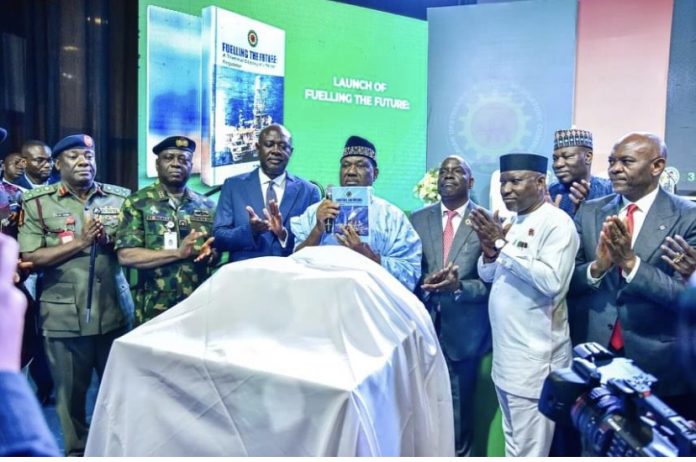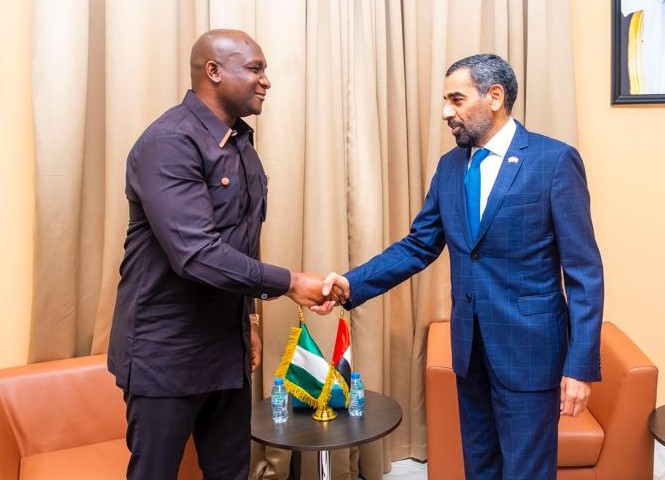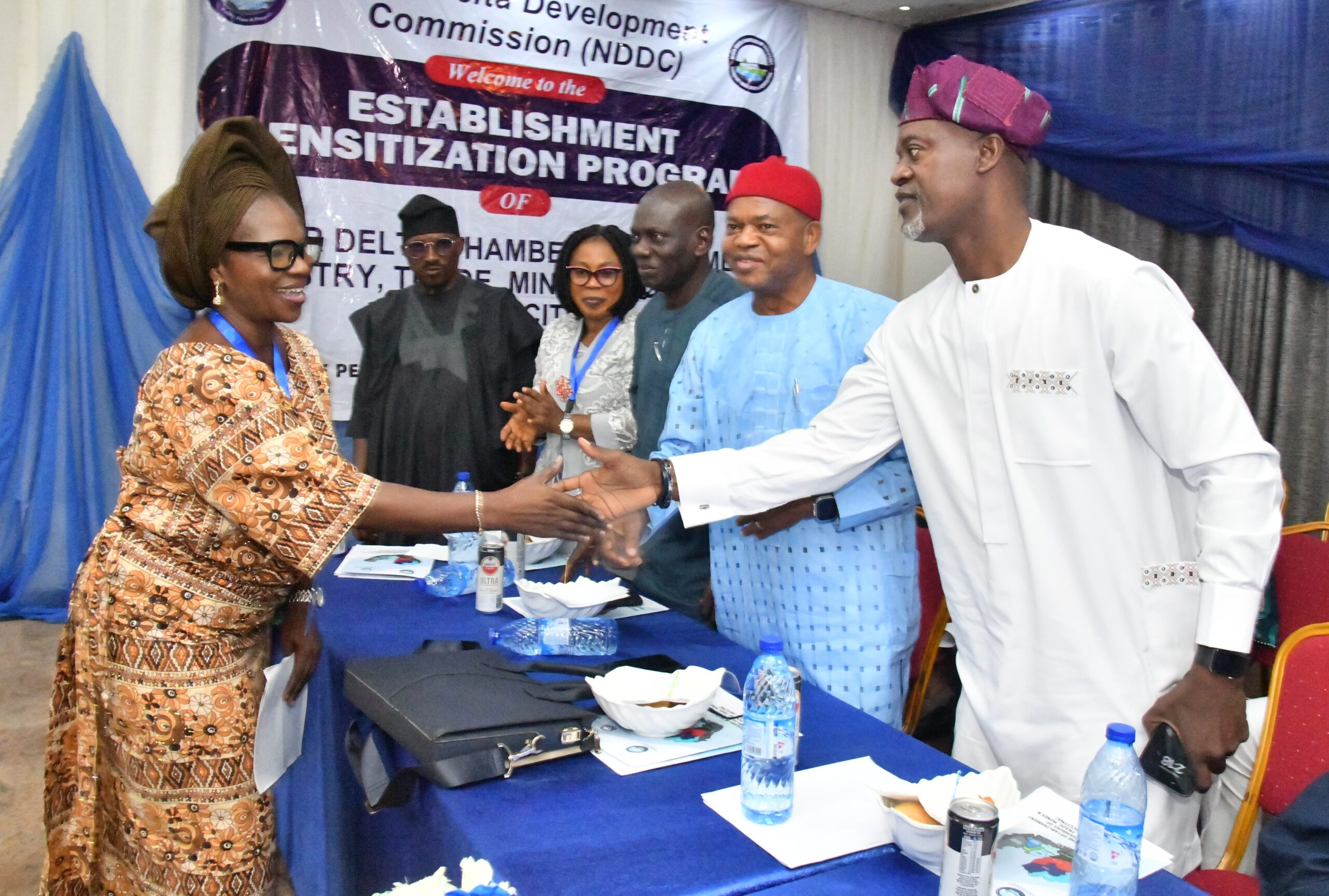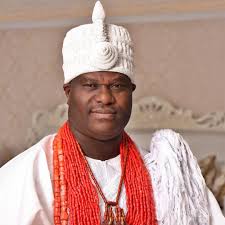
Flooding:SouthWest Muslims Donate N50m To Borno Government
Mohammed Shosanya The Muslim Ummah of South West Nigeria (MUSWEN),has donated N50million to Go ernment to support flood victims in the state. Abdur-Rahman Balogun ,Chairman, Media and















